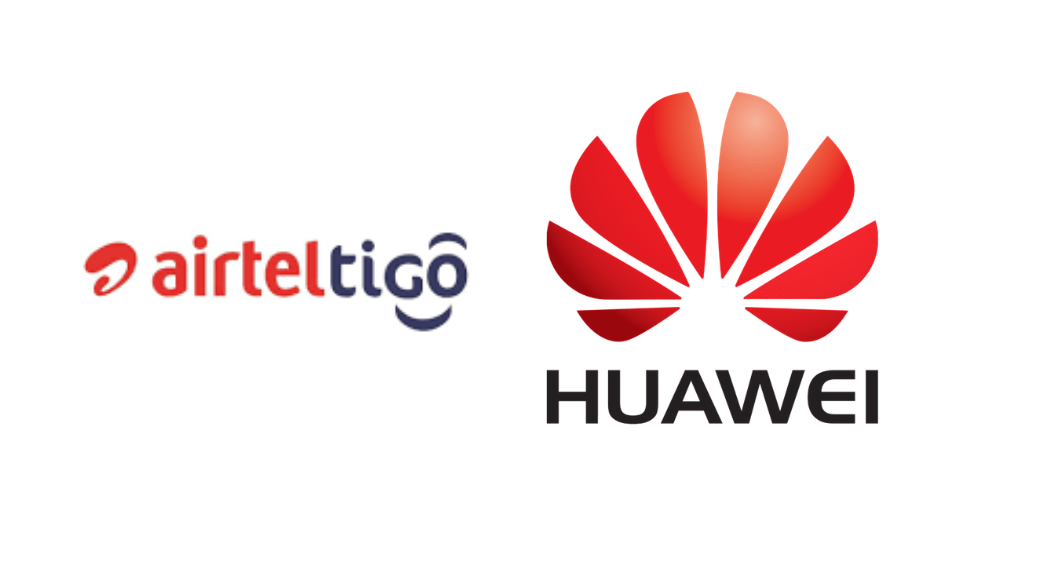
On Wednesday Airtel Ghana launched its appstore, making them the latest to join the fray of telcos venturing into the business of promoting and selling applications and further adding to the mantra of “local content in a global market” The event though small saw in attendance few bloggers, journalists (yes they are different) software and mobile app developers and technology enthusiasts as well as top management staff of Airtel Ghana.
While sitting in the Hall filled with excitement and [content, i began asking myself a few questions and while the event unfolded i tried answering these questions with the comments of the Airtel staff present in the room;
What do these app stores and app markets have to offer…
the Ghanaian software developer?
the Ghanaian software consumer?
I will expand on these in the following paragraphs but i must commend these telcos for a well charted path and i will only hope that they would understand the actual reason and need for these stories and won’t be just another revenue vertical.
Ghanaian app developers generally suffer basic uptake markets for their innovations and in some cases they are forced to avail their products and innovation for free due to a lack of system to enable them monetize the same. Yes the tech community would bow easily to these platforms merely for the quest make some good money for their hard written codes.
For the past 7 years (July 2008 when apple first launched its Apple Appstore and Google launched the Google play store in October of the same year) Apps stores have been major money makers for the various companies that run them, and here i would dare to mention the App Store giants Apple Appstore and the Google Play store (wouldn’t use the App Store due to patent issues with Apple claiming they own the name). The App Store has more than 1.4 million apps and more than 100 billion copies of apps have been downloaded as of July 2015 Whereas Google Playstore is comfortably hosting 1.5million applications with over 700 billion apps downloaded till date. These are good numbers for any tech business that has a great number of netizens. The industry standard for how much income app stores take is 30%, not to mention the US$25 Google play charges as registration fee for a Google Play Developer Console account and apple running that figure up to $99/year. There are app stores that differentiate themselves by paying a higher percentage to the developer; for example, I’ve seen developers get as high as 91% of the app’s sale price from SlideME.
Now back to Ghana, MTN and Vodafone launched their App Store a while back with Airtel joining the fray just last week launching their App Store. With a launch of these app stores one can confidently say these goal players are understanding that local african developers are up to something and would need to partner these software developers to leverage on the uptake of software for solving various social challenges. It would be important to note that these telcos need to do more than just acting as a repository for local software content to marketing and selling our local content to the global village. It is not enough for a mobile developer to make available his solution just for a few people to use it it serves much more purpose for. If these platforms are really up to promoting local content they need to sell these content to the world cos surely its a win-win affair more downloads for one app means more 30% for the platform and more 70% for the developer.
Ghana has a lot of potential in the technology business space, in the recent months we are seeing a lot of investment and partnerships with local startups such as meqasa which raised US$500,000.00 in seed funding and and others and we need these gains to trumpet our worth to the world after all they have the wherewithal.
Author: Klenam Koku Uba Fiadzoe || I am passionate about leadership, technology and its use in solving social challenges, & a social critic. I am enthused about technology and its use in every sphere of our lives, and a founding member of the #TechRepublic








